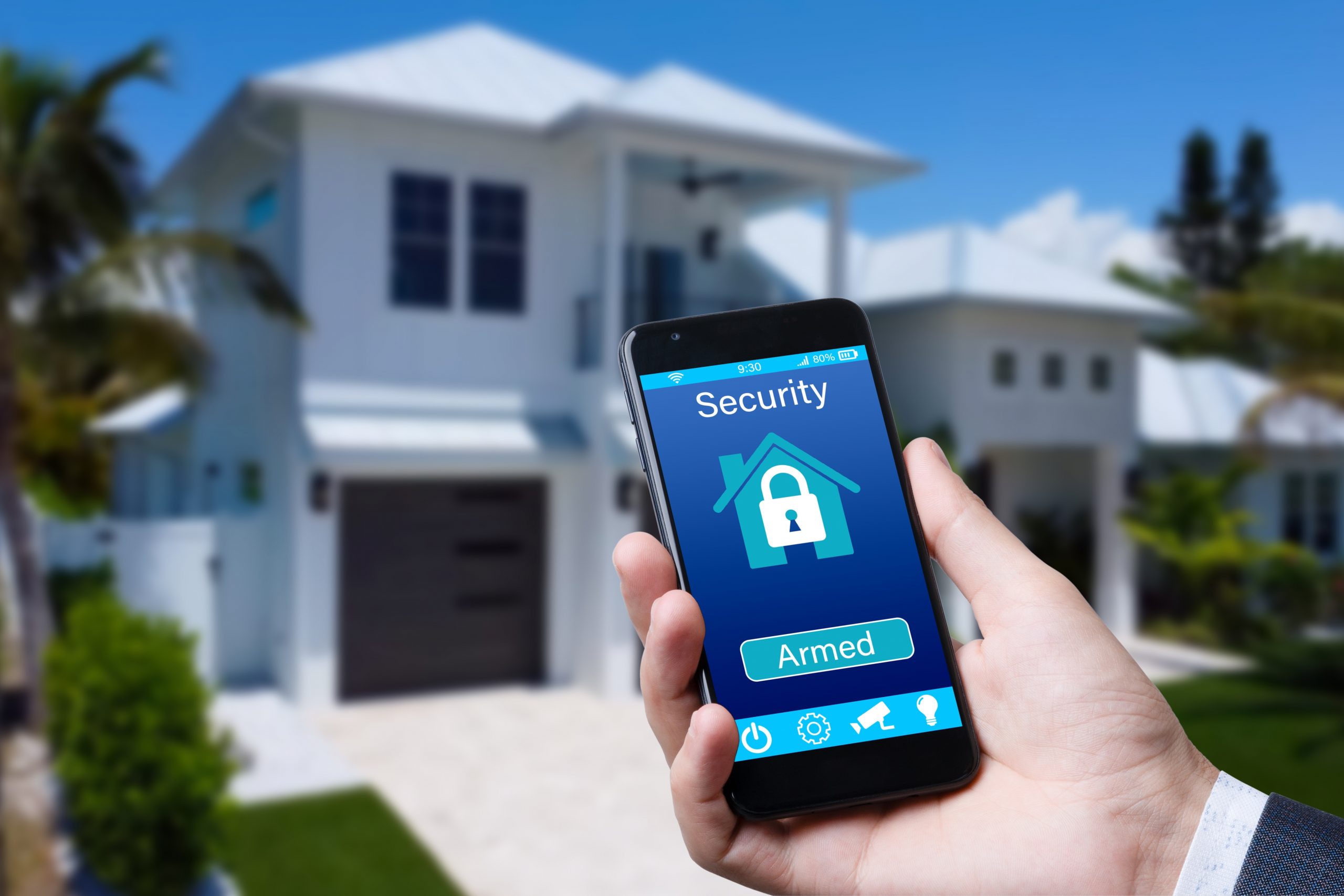As seniors increasingly prefer to live independently, ensuring home security becomes a paramount concern. Aging in place offers comfort and familiarity, but it also requires additional precautions to ensure safety. Here are essential home security tips tailored specifically for seniors living alone, along with some practical insights and tricks to enhance their peace of mind.
1. Invest in a Comprehensive Home Security System
A robust home security system is the cornerstone of a safe living environment. Modern systems offer a range of features that are particularly beneficial for seniors:
- 24/7 Monitoring: Continuous surveillance provides real-time alerts to both the homeowner and emergency services.
- User-Friendly Interfaces: Choose systems with easy-to-use touchscreens and voice commands to simplify operation.
- Medical Alert Features: Many systems now include medical alert options, ensuring help is available at the push of a button.
Tip: Opt for systems with mobile app integration, allowing trusted family members to monitor the home remotely.
2. Install Motion Sensor Lighting
Darkness is a security risk and a potential hazard for falls. Motion sensor lights illuminate paths when movement is detected, deterring intruders and providing safe navigation at night.
- Outdoor Lighting: Place lights around entry points, driveways, and pathways.
- Indoor Lighting: Install sensors in hallways and bathrooms to prevent nighttime accidents.
Trick: Use solar-powered motion lights outdoors to save on electricity and ensure they work during power outages.
3. Secure Doors and Windows
Ensuring all entry points are secure is crucial. Here’s how to bolster your home’s defenses:
- Deadbolt Locks: Install high-quality deadbolt locks on all external doors.
- Reinforce Door Frames: Strengthen door frames to resist forced entry.
- Window Locks: Add locks to windows and consider security film to prevent shattering.
Insight: Smart locks with keyless entry can be a boon for seniors, eliminating the worry of losing keys and allowing controlled access for caregivers or family.
4. Leverage Smart Home Technology
Smart home devices enhance security and convenience. Here are a few devices to consider:
- Video Doorbells: Allow you to see and communicate with visitors without opening the door.
- Smart Plugs and Outlets: Schedule lights to turn on and off, giving the appearance of occupancy.
- Voice Assistants: Integrate with other smart devices to control them via voice commands.
Tip: Ensure all smart devices are compatible with each other and have reliable support options.
5. Establish a Safety Routine
Regular routines can significantly enhance security:
- Daily Check-ins: Have a trusted friend or family member call or visit daily.
- Emergency Contacts: Keep a list of emergency contacts in an easily accessible location.
- Medication and Fire Safety: Ensure medications are taken as prescribed and install smoke and carbon monoxide detectors.
Trick: Use a pill organizer with an alarm to avoid missed doses and consider automatic shut-off devices for appliances to prevent fire hazards.
6. Stay Connected with the Community
Being part of a community adds an extra layer of security:
- Neighborhood Watch: Join or start a neighborhood watch program.
- Social Interaction: Regularly interact with neighbors to foster a sense of community and mutual lookout.
- Local Services: Utilize local services for grocery delivery, house cleaning, and maintenance to reduce the need for strangers in the home.
Insight: Community centers often offer senior programs that include safety workshops, providing valuable resources and connections.
